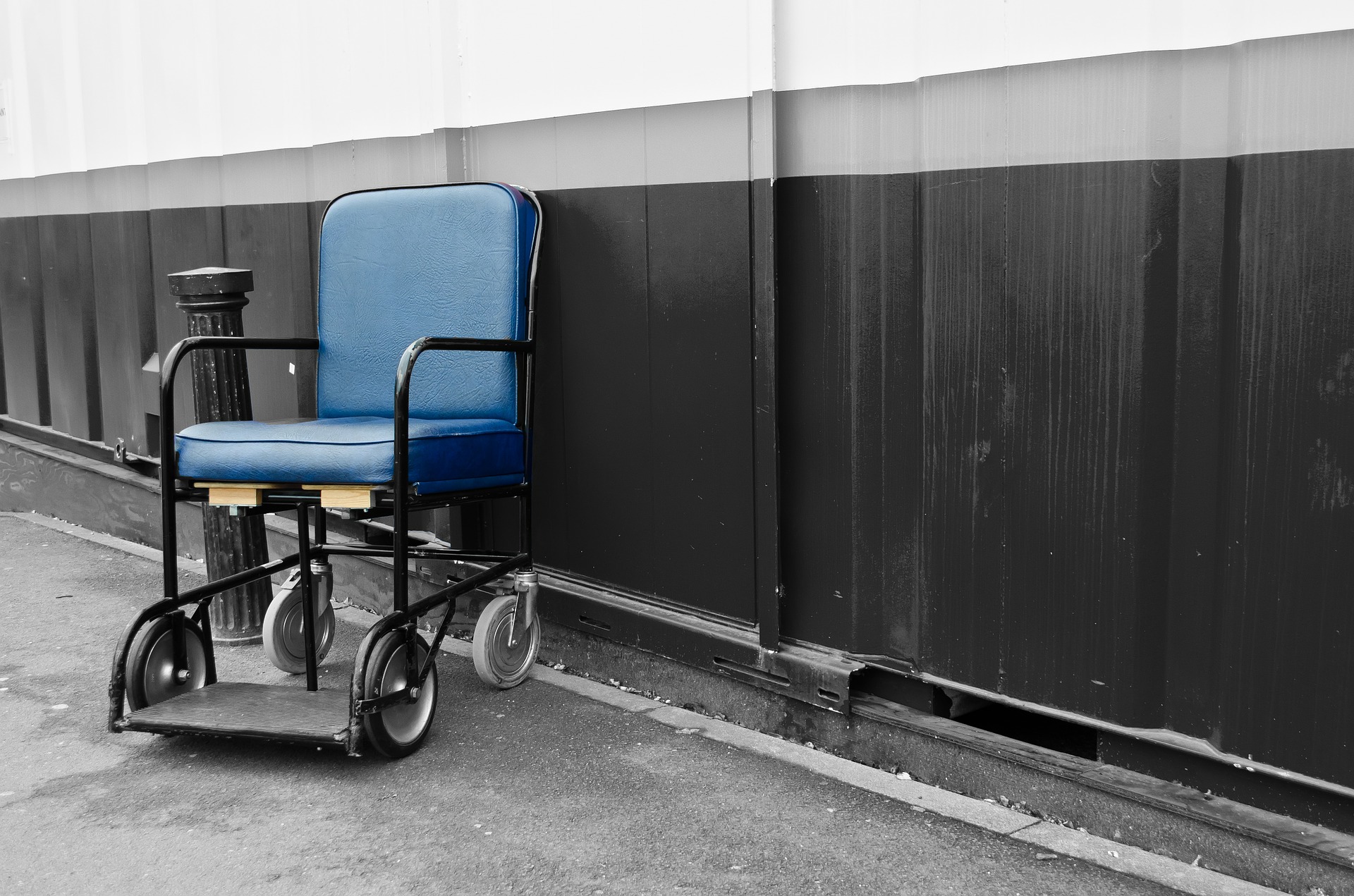
12 Dec Can we protect this money from Medicaid?
Photo: pixabay.comQ. My aunt, 92, is ready for a nursing home. She only has $20,000 in the bank. My sister and I have been her caregivers. We’re hoping she is allowed to gift money to us before she goes in so we can use the money to make her more comfortable. They said she can’t apply for Medicaid until she only has $2,000 left so we’ll have to pay $375 a day until then, and they will take her Social Security. Are we too late for her to benefit from her own money?
— Caregiver
A. It takes a lot of planning – ahead of time – to protect assets from Medicaid.
Medicaid is a needs-based program, so there are income and asset limitations that apply before one can qualify, said Catherine Romania, an estate planning attorney with Witman Stadtmauer in Florham Park.
Although there are some exempt assets, an individual must liquidate and then use for his or her care any assets until such assets are spent down to $2000 in order to qualify for Medicaid, she said.
“In order to prevent individuals from merely making gifts of their assets in order to qualify for Medicaid, there is a penalty imposed on transfers made within five years of applying for Medicaid,” Romania said. “The penalty is the number of months which a person will be ineligible for Medicaid.”
She said the penalty is determined by dividing the value of the assets transferred by the state’s determination of the Medicaid average monthly cost of a nursing home. Currently this penalty amount is $343.85 a day (approximately $10,500 per month).
The penalty period begins to run only after an individual enters a nursing home and would otherwise be eligible for Medicaid and not at the time of the transfer, she said.
“During the penalty period, Medicaid will not pay for the nursing home and private funds must be utilized,” she said. “Exceptions can be made for undue hardship but such exceptions are difficult to obtain.”
Romania said planning for long-term care, which may include the purchase of long-term care insurance and/or gifting, needs to be considered at least five years before, if not even earlier, than the time such care may be necessary.
“Although you are too late for gifting, you should at this point consider any immediate and future needs your aunt may have that Medicaid will not cover – clothing, hearing aid, glasses, dental work etc. – and purchase those items to spend down her funds,” Romania said.
Also, although you are not entitled to any gifts, you are entitled to be reimbursed for any expenses you incurred in caring for your aunt – but beware because Medicaid will look at these reimbursements closely to ensure they are not gifts therefore you will need to be able to substantiate the expenses, she said.
Email your questions to .

